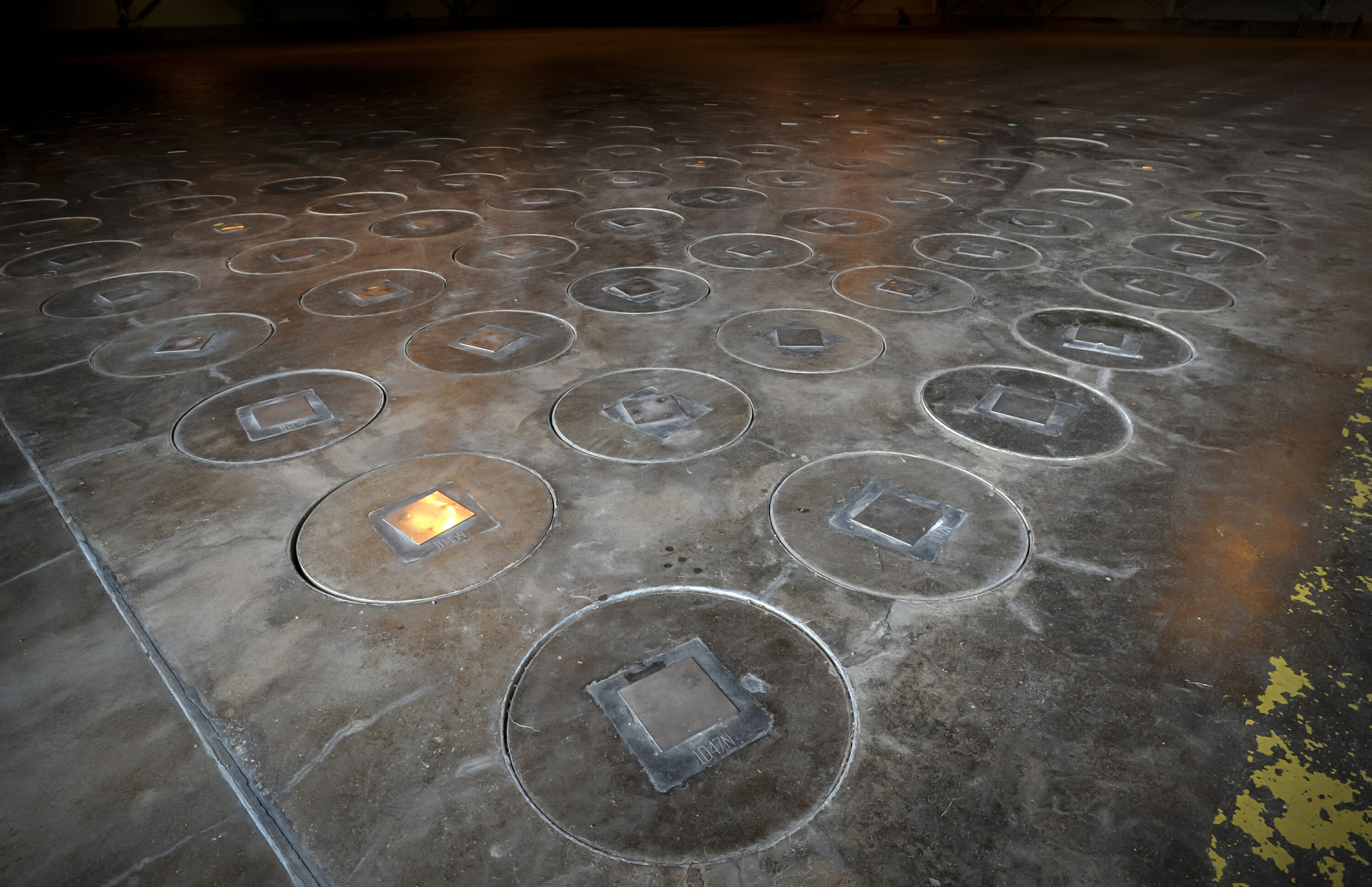
Nevada cites US warnings in bid to block plutonium shipments
RENO, Nev. (AP) — Nevada’s latest bid to block incoming shipments of weapons-grade plutonium points to the U.S. Energy Department’s own scientific warnings about the dangers of prematurely moving the highly radioactive material out of South Carolina.
State lawyers say in briefs filed this week with the 9th U.S. Circuit Court of Appeals that the Trump administration is engaged in a clandestine “charade” intended to turn Nevada “into the nation’s radioactive dump.”
They want the San Francisco-based court to overturn a Reno judge’s refusal to temporarily halt all plutonium shipments to a site near Las Vegas.
U.S. District Judge Miranda Du denied the request Jan. 30, saying any potential harm was speculative. That was the same day the government revealed it secretly shipped a half metric ton (1,102 pounds) of plutonium from South Carolina to Nevada sometime before Nov. 30.
Nevada lawyers said in Monday’s filing that the “stealth” truck shipment increased residents’ radiation exposure equivalent to getting 100 to 200 chest X-rays annually for three years.
State Attorney General Aaron Ford and his deputies cite numerous legal briefs that the U.S. government filed when it argued unsuccessfully in court in 2017 and again in a failed appeal to keep the plutonium at South Carolina’s Savannah River Site because of the risks of moving it elsewhere.
Nevada’s lawyers noted the Energy Department had claimed repeatedly that “it would be impossible to safely transport and store that much plutonium before the year 2025.”
The agency argued at the time that Savannah River was the only place with the “required capacity, security, safety analysis and surveillance program to receive and store any significant amount of plutonium in the form and packaging configuration as it exists today.”
Nevertheless, a judge ordered the government in December 2017 to remove at least a metric ton (2,204 pounds) of plutonium from South Carolina by Jan. 1, 2020.
The Department of Energy appealed to the 4th U.S. Circuit Court of Appeals, arguing removal “within two years is simply impossible if DOE also complies with (the National Environmental Policy Act) and the applicable regulations.”
Eight months after the appeal was denied, “the impossible happened,” Nevada’s lawyers wrote.
The federal agency completed an analysis declaring the Nevada National Security Site a prime candidate for indefinitely housing the material, they said.
“DOE’s previous capacity, safety, security and surveillance concerns magically disappeared,” Nevada said.
State attorneys argue that the government failed to adequately examine potential harm to Nevada’s residents, environment and economy. They attached 699 pages of excerpts from the Energy Department’s past filings to a 49-page brief underscoring the contradictions.
The agency released the analysis in August outlining its intention to move the plutonium to Nevada by 2020. Then-Gov. Brian Sandoval called Energy Secretary Rick Perry in early September to express his concerns, and additional correspondence led to an Oct. 30 meeting in Washington before Nevada sued a month later.
“In the middle of the talks, DOE trucked a half ton of weapons grade plutonium to Nevada without warning state officials or emergency responders,” Nevada’s new brief says. “DOE continued the charade through the district court’s preliminary injunction hearing by pretending the shipments had not yet occurred.”
Nevada says the move follows decades of Energy Department efforts to build a high-level nuclear waste repository at Yucca Mountain and make Nevada “the nation’s radioactive dump.”
The department declined comment Tuesday. It has until April 1 to reply to Nevada’s opening brief.
The Energy Department previously said the shipment was kept secret for national security reasons but state officials knew it was coming based on the August analysis. It’s also said it doesn’t intend to ship additional plutonium to Nevada from South Carolina.
Nevada’s lawyers say the department can’t be trusted.
“Whenever another state has inconvenient nuclear material lying around, DOE’s apparent solution is to sneak it hurriedly into the Silver State before anyone notices,” they wrote, adding that one state’s “irradiated garbage should not become Nevada’s environmental hazard.”
The Western Journal has not reviewed this Associated Press story prior to publication. Therefore, it may contain editorial bias or may in some other way not meet our normal editorial standards. It is provided to our readers as a service from The Western Journal.
Truth and Accuracy
We are committed to truth and accuracy in all of our journalism. Read our editorial standards.
Advertise with The Western Journal and reach millions of highly engaged readers, while supporting our work. Advertise Today.












